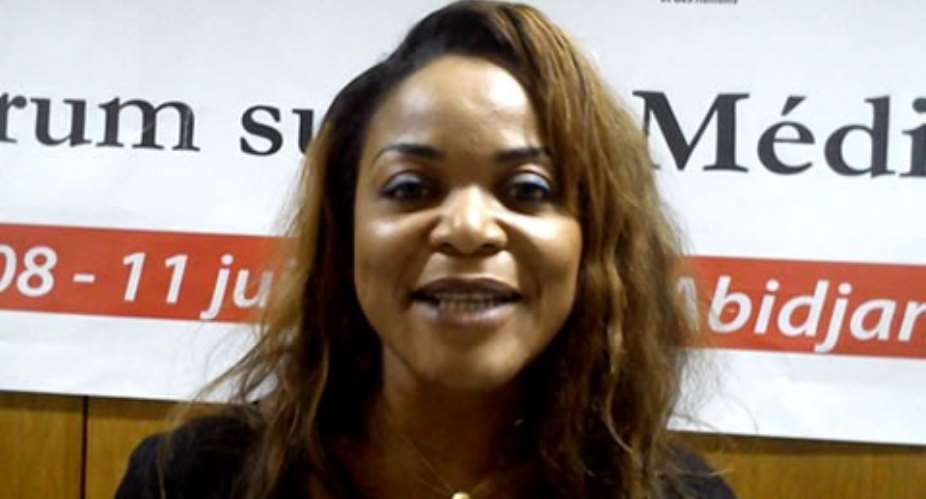The United Nations Programme on HIV/AIDS has urged media practitioners to intensify education on safe sex as new data indicate an increase in HIV infections across the continent, especially among married couples.
The UNAIDS disclosed this at a four-day conference which took place from July 8 to 11 in Abidjan, Cote D'Iviore.
The conference which was themed The Media and HIV was aimed at strengthening the relationship between the UNAIDS and the media so they can churn out the right information about HIV/AIDS and improve advocacy to deal with it.
Communications Advisor for the UNAIDS in Western and Central Africa, Jeanne Seck, noted that it was “up to the media now to just reverse the course and take people back to prevention”.
According to her, people are now neglecting prevention measures.
In an interview with Joy News Madam Seck also stressed that the media media must be play an active role in the fight against the deadly disease.
The UNAIDS Executive Director, Michel Sidebe, told Joy News Beatrice Adu, who covered the conference, that “new infections were really occurring among young people...but now we have seen that it decreased in young people in many part of the [African] continent and we are now seeing a kind of increase among married people”.
He emphasized that increasing rate of the infections among married couples represented 66% of all infections on the continent - citing Kenya the highest on the continent with 40% of HIV infections.
He attributed then increase in HIV infections to the fact that “people are generally in many relationships at the same time” and in most cases with homosexual partners.
Mr. Sidibe said that the situation has been compounded by the fact that the African culture frowned upon homosexuals, making it difficult for them to seek medical care.
The UNAIDS Executive Director also disclosed that one of the main challenges his outfit was facing is the production of fake anti-retrovirals and asked governments in African countries to set up regulatory systems to deal with the problem.
Concluding his interview with Beatrice Adu, Mr Sidibe, also appealed for a strong political will to back local production of anti-retrovirals because it is very expensive.
He said this will make drugs easily accessible to all persons living with HIV/AIDS.
The four-day conference brought together media personnel from 25 countries in Western and Central Africa as well as some journalists from France.





 A/R: Tontokrom residents demand prosecution of killers of Rahman Mohammed
A/R: Tontokrom residents demand prosecution of killers of Rahman Mohammed
 Ejisu by-election: Interdict Gallo and his lawyer - CPP chairperson to Council o...
Ejisu by-election: Interdict Gallo and his lawyer - CPP chairperson to Council o...
 Limited voter registration: We’ll extend deadline if necessary – EC
Limited voter registration: We’ll extend deadline if necessary – EC
 I'll establish common-user processing facilities at various mining districts — B...
I'll establish common-user processing facilities at various mining districts — B...
 My gov’t will establish minerals development bank if I become president – Bawumi...
My gov’t will establish minerals development bank if I become president – Bawumi...
 May 9: Cedi sells at GHS14.15 to $1, GHS13.55 on BoG interbank
May 9: Cedi sells at GHS14.15 to $1, GHS13.55 on BoG interbank
 A legacy of economic malaise, corruption, arrogance — Prof Gyampo 'criticizes' A...
A legacy of economic malaise, corruption, arrogance — Prof Gyampo 'criticizes' A...
 What are you hiding about the stinky SML/GRA deal? — Manasseh quizzes Akufo-Addo...
What are you hiding about the stinky SML/GRA deal? — Manasseh quizzes Akufo-Addo...
 Corruption: Until you hear Mahama, Bawumia talking about practical solutions don...
Corruption: Until you hear Mahama, Bawumia talking about practical solutions don...
 We need a paradigm shift in the management of our natural resources – Bawumia
We need a paradigm shift in the management of our natural resources – Bawumia
